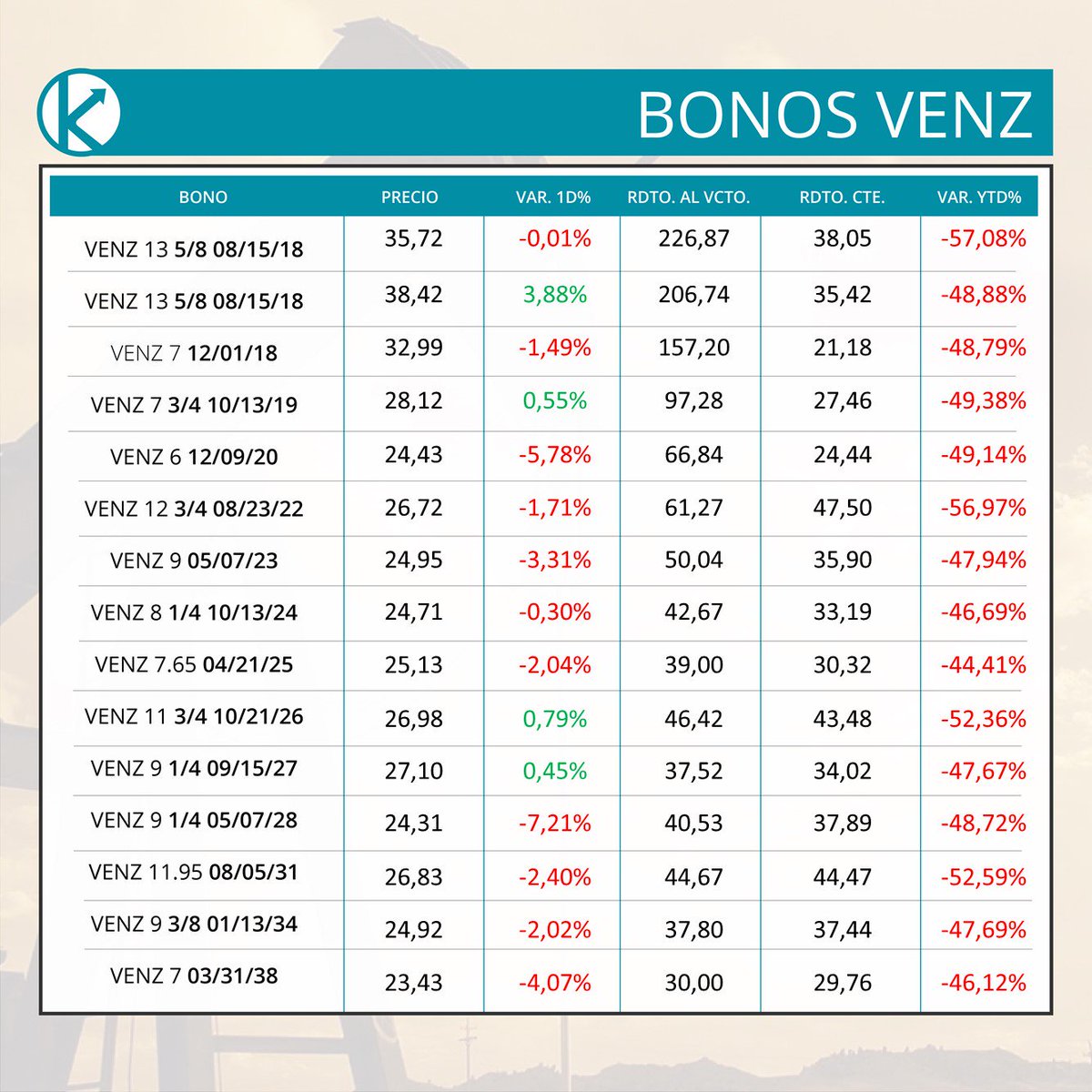Russia, Venezuela Sign Deal on $3.15 Billion Restructuring
2017-11-15 13:25:16.212 GMT
By Anna Andrianova and Natasha Doff
(Bloomberg) -- Russia signed an agreement to restructure $3.15 billion of debt owed by Venezuela, throwing a lifeline to a crisis-wracked ally that’s struggling to repay creditors.
The pact gives Venezuela some breathing space as it faces the much more difficult task of restructuring its global debt owed to private lenders by the government and state entities.
The deal spreads the loan payments out over a decade, with “minimal” payments over the first six years, the Russian Finance Ministry said in a statement. The pact doesn’t cover obligations of state oil company Petroleos de Venezuela SA to its Russian counterpart Rosneft PJSC, however.
“The terms are flexible and very favorable for our country,” Wilmar Castro Soteldo, Venezuela’s economic vice president, told reporters in Moscow after the signing. “We will be able to return to the level of commercial relations with Russia that we had before,” he added, noting that a deal to buy Russian wheat will be signed next week.
This is the second time Russia reschedules Venezuela’s debt payments after agreeing to an extension last year. Still, Caracas failed to make payments amid an economic crisis triggered by low prices for oil, a major export. Rosneft has also provided several billion dollars in advance payments for Venezuelan crude supplies.
Moscow’s Ally
The rescheduling pact is a “demonstration of the desire to maintain ties with the current Venezuelan leadership,” Viktor Kheifets, an expert in Venezuela at St. Petersburg State University, said by phone. “Russia isn’t happy with everything that the government there is doing but Venezuela is an ally where Russia has economic interests and Moscow is firmly against a forcible change of regime there.”
In a website statement announcing the deal, Russia’s Finance Ministry said, “The debt relief provided to the republic from the restructuring of its liabilities will allow funds to be allocated for the country’s economic development, to improve the debtor’s solvency and increase the chances of all creditors to recoup loans granted earlier to Venezuela.”
But an attempt to hold talks with creditors faltered this week. President Nicolas Maduro had summoned holders of some $60 billion of bonds issued by the government and PDVSA to begin a renegotiation as the nation’s cash crunch worsens, sanctions make it difficult to transfer money and delayed payments pile up.
Central bank reserves have fallen to a 15-year low and oil output has sunk to the lowest since 1989. Over the weekend, the grace period on $280 million in bond payments expired, and late Monday Fitch Ratings declared PDVSA in default, followed by a similar announcement made by S&P Global Ratings on the government.
Venezuela’s debts to Russia are governed by the Paris Club, a group of creditors that handles loans to governments, putting them in a separate category from the bonds the Latin American country is seeking to renegotiate with private creditors.

